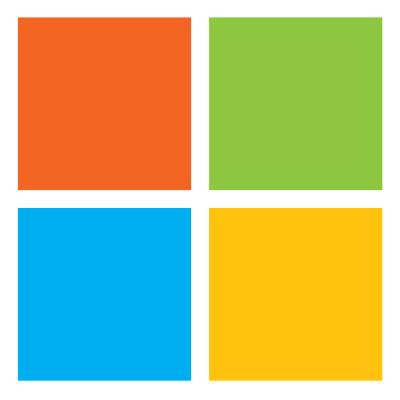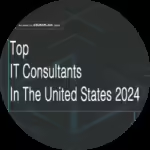
 What we expected to be Windows 9 has been gradually revealed through leaks over the past several weeks, but Microsoft has thrown a curveball into the mix with Windows 10. The latest information, revealed during a public Microsoft Windows event, has gone into much detail concerning the nature of the newest incarnation of Windows, including its focus on enterprise and cloud-centric policy.
What we expected to be Windows 9 has been gradually revealed through leaks over the past several weeks, but Microsoft has thrown a curveball into the mix with Windows 10. The latest information, revealed during a public Microsoft Windows event, has gone into much detail concerning the nature of the newest incarnation of Windows, including its focus on enterprise and cloud-centric policy.
But first, what we already know; Windows 10 appears to look like a funky combination between Windows 7 and Windows 8. While several applications still use the Metro tile user interface used in Windows 8, the operating system has returned to its roots with what appears to be Windows 7 desktop functionality. Also present is the triumphant return of the beloved Start menu with a slick new look, sporting customizable Metro-style shortcuts within the menu. These fix the two most common complaints about Windows 8. While the Metro UI was designed to work well on touch-screen devices, some users who enjoyed the traditional desktop design disliked it, while the absence of the Start menu had Windows users up in arms.
The task bar is back and filled to the brim with features, including a Search function and virtual desktops. The virtual desktops can be customized for specific tasks, like separating casual applications and work-related applications. The Charms bar from Windows 8 is also making a comeback, though it is more user-friendly this time around.
Windows 10, according to Microsoft, is aiming to become the new standard for future Windows operating systems. By becoming the “threshold,” as its code name implies, it makes Windows 10 the last big operating system for Microsoft’s popular software brand. The fact that Microsoft is aiming high with Windows 10 is seen in their decision to skip Windows 9. On their official blog, Microsoft states,
This new Windows must be built from the ground-up for a mobile-first, cloud-first world. This new Windows must help our customers be productive in both their digital work and their digital life. This new Windows must empower people and organizations to do great things.
It’s also mentioned that Windows 10 will be streamlined to work on all devices, as displayed by Microsoft’s marketing slogan: “One product family. One platform. One store.” All applications will run in windows, which means that you can resize, move, close, maximize, and minimize them at will. Improved Snap features allow you to set shortcuts to certain applications for easy access.
Nobody saw Microsoft skipping Windows 9 to move forward on Windows 10… well, nobody but InfoWorld, that is. The technology news website won the April Fool’s Day lottery in 2013 when they tricked the online community into believing that Microsoft would skip Windows 9. The main gist of the joke was that Windows 9 was “too good” to release to the general public, and that it would be kept on the down-low as an internal perk for Microsoft employees. According to InfoWorld, the fabled Windows 9 was pretty sweet:
Details about Windows 9 are sketchy, but according to internal Microsoft communications obtained by InfoWorld, the OS was fast, intuitive, bug-free, and equally adept with both the Windows Desktop and Metro-style interfaces. "And who would've thought to put the Start button there?!? Genius!" marveled one engineer, though it's unclear where "there" is exactly.
Another engineer likened the OS to the Nintendo Entertainment System's Power Glove accessory, saying, "It's that good a melding of man and machine.”
As of October 1st 2014, the technical preview for Windows 10 has been made available for enterprises looking to sample the new operating system. Of course, the operating system is going to change before its official release in mid-2015. During the technical preview period, Microsoft encourages enterprises to let them know how to improve the operating system to its full potential. You can download the technical preview at preview.windows.com.
View the original article here









